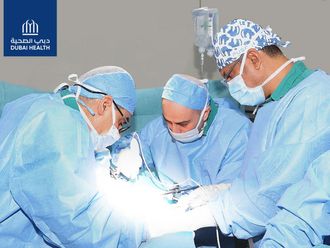
Scientists have long thought that the ability to recognise faces is innate for people and other primates. However, the findings of a study by Harvard Medical School cast doubt on this view.
Scientists have found that regions of the brain that are key to facial recognition form only through experience and are absent in primates who don’t encounter faces while growing up.
“What you look at is what you end up ‘installing’ in the brain’s machinery to be able to recognise,” says neurobiologist, Margaret Livingstone.
Asthma medicine reduces risk of Parkinson’s
Researchers at the University of Bergen, in Norway, have found that asthma medicine can halve a patient’s risk of developing Parkinson´s disease.
In the study, the treatment of Parkinson´s was linked to prescriptions of asthma medicine and the medicine for high blood pressure. It allowed the researchers to see the connection between medicine use and illness. They examined more than 100 million prescriptions ordered over the last 11 years.
Sleep apnoea can raise metabolic and cardiovascular stress
Sleep apnoea, left untreated even for a few days, can increase blood sugar and fat levels, stress hormones and blood pressure, according to a new study by Johns Hopkins Medicine.
To understand how obstructive sleep apnoea (OSA) affects metabolism, researchers measured free fatty acids in the blood, glucose, insulin and cortisol (a stress hormone), while participants slept in a sleep laboratory at the Johns Hopkins Bayview Medical Center.












